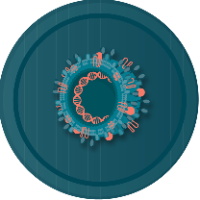Tumor-infiltrating lymphocyte therapies: personal, powerful, with possibilities for improvement
Cell & Gene Therapy Insights 2025; 11(8), 1069–1078
DOI: 10.18609/cgti.2025.124
Tumor-infiltrating lymphocyte (TIL) therapy is one of the most promising adoptive cell therapies (ACT) for solid tumors, with a personalized and multi-antigen recognition of tumor cells without requiring genetic modification. Despite clinical success, particularly in melanoma, the field of TIL therapy faces adoption challenges related to manufacturing complexity, high costs, and a limited understanding of the requirements to overcome the hostile tumor microenvironment (TME) that impairs TIL efficacy. This article presents a perspective on TIL manufacturing, addressing aspects such as tissue quality, logistics, labor-intensive and manual workflows, and analytical testing, while exploring how emerging technologies could provide new opportunities for improvements. Through the implementation of intelligent, automated bioreactors with process analytical technologies (PATs), combined with advanced tumor and TIL characterization tools and a better understanding of TIL critical quality attributes (CQAs), the process consistency, potency assessment, and scalability can be significantly improved. The integration of multi-omics data, real-time process monitoring, and deep product characterization has the potential to make TIL therapies more robust, accessible, and effective across diverse tumor types.
